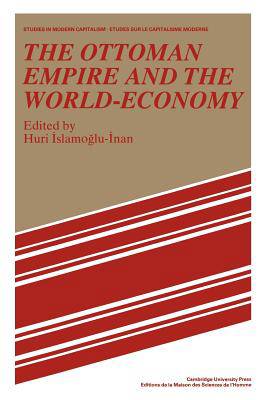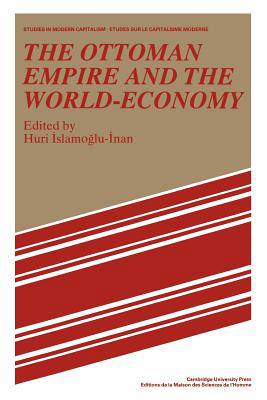
- Afhalen na 1 uur in een winkel met voorraad
- Gratis thuislevering in België vanaf € 30
- Ruim aanbod met 7 miljoen producten
- Afhalen na 1 uur in een winkel met voorraad
- Gratis thuislevering in België vanaf € 30
- Ruim aanbod met 7 miljoen producten
Zoeken
The Ottoman Empire and the World-Economy
€ 82,45
+ 164 punten
Omschrijving
This collection of essays represents a departure from the traditional perspective, recently questioned by many scholars, from which Ottoman history is usually written. Central to the establishment of Western domination over the 'East' is the writing of its history in terms of Western hegemony, above all in the case of the Ottoman Empire, which has been characterised as static, irrational and authoritarian in contrast with the dynamic, rational, democratic West. This book contrasts sharply with conventional studies of the Ottoman Empire, based on this European world-view, that focus on political military, and cultural institutions. Following a series of general theoretical discussions about Ottoman social structure, the contributors turn to case studies directed either to theoretical problems or to 'facts' which suggest new avenues of conceptualisation.
Specificaties
Betrokkenen
- Uitgeverij:
Inhoud
- Aantal bladzijden:
- 481
- Taal:
- Engels
- Reeks:
Eigenschappen
- Productcode (EAN):
- 9780521526074
- Verschijningsdatum:
- 23/12/2004
- Uitvoering:
- Paperback
- Formaat:
- Trade paperback (VS)
- Afmetingen:
- 152 mm x 229 mm
- Gewicht:
- 721 g

Alleen bij Standaard Boekhandel
+ 164 punten op je klantenkaart van Standaard Boekhandel
Beoordelingen
We publiceren alleen reviews die voldoen aan de voorwaarden voor reviews. Bekijk onze voorwaarden voor reviews.










